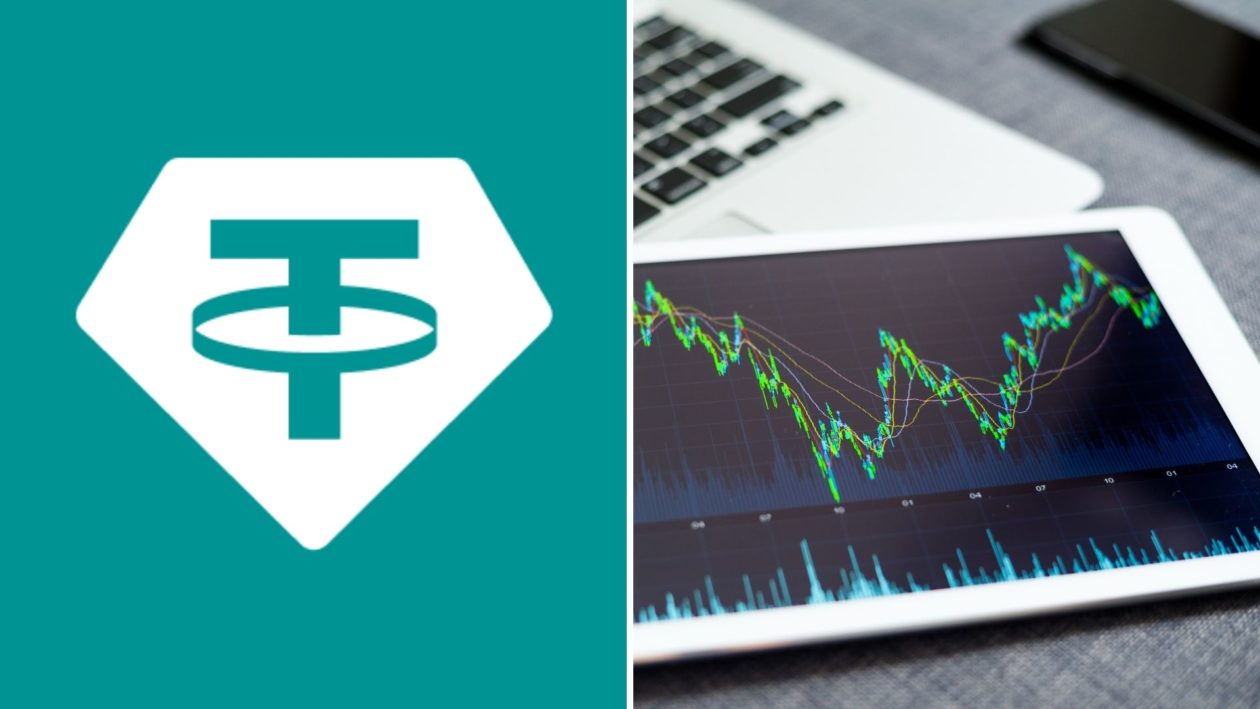Tether is facing another round of scrutiny as the world’s number one stablecoin responds to a damning Bloomberg report published yesterday that claimed — among other things — that Tether is not fully backed as the company claims and is using its reserves to make crypto-backed loans.
Fast facts
- In the article, reporter Zeke Faux alleged Tether’s chief financial officer Giancarlo Devasini used company reserves to make investments, which would undermine Tether’s claims the token was fully backed 100% of the time. Furthermore, Faux canvassed Wall Street traders to see if any had ever seen any trades made by the company, which supposedly holds US$30 billion in commercial paper short-term loans — suggesting the fact that none had seen any should raise eyebrows. Additionally, Faux was only able to locate one bank — in the Bahamas — that was working with the firm.
- “Tether still hasn’t disclosed where it’s keeping its money,” Faux said. “If Devasini is taking enough risk to earn even a 1% return on Tether’s entire reserves, that would give him and his partners a $690 million annual profit. But if those loans fail, even a small percentage of them, one Tether would become worth less than $1.”
- In a company blog post, Tether called the article “another tired attempt to undermine” the company, pointing to its recent quarterly report on its holdings to demonstrate that it is 100% backed. The firm also questioned the reliability of a major source for the story, John Betts, who had been fired as the Tether’s banker, and highlighted an ongoing court case against him in which he is accused of self-dealing at the expense of customers.
- The controversial company has a mixed track record, however; in February it settled an investigation for US$18.5 million with the New York State Attorney General’s office that examined whether Tether and sister firm Bitfinex sought to cover up a US$850 million loss in funds. As part of the settlement, neither company admitted any wrongdoing but were required to submit quarterly reports on their reserves for two years — the same one the firm says proves its financial backing.
- This marks the second time in recent months a Bloomberg article has caused trouble for Tether; in July the news outlet wrote that, according to anonymous sources, federal investigators were examining the firm for allegedly concealing crypto transactions several years ago. Just as with this recent article, Tether hit back, claiming it was “repackaging stale claims as ‘news’” using anonymous sources, and decried the report as part of a “continued effort to discredit Tether.”
- Stablecoins are cryptocurrencies that are pegged to the value of a fiat currency — in Tether’s case, the U.S. dollar. With a circulation of 69 billion, Tether is the largest stablecoin in the world, and if it is truly 100% backed as it claims, it would be one of the top 50 banks in the U.S. Stablecoins serve an important part of the crypto ecosystem, by offering a low-risk token to allow people to either enter the crypto market or trade proficiently among it as its value does not fluctuate.
- Amid the concerns over the future of Chinese property giant Evergrande, Tether announced it does not hold any commercial paper issued by the developer. Bloomberg reports Tether does hold billions of dollars of short-term loans to large Chinese companies, but was not able to confirm whether Evergrande was among these companies.
- Forkast.News reached out to sister firm Bitfinex for this story, but did not receive a response.





